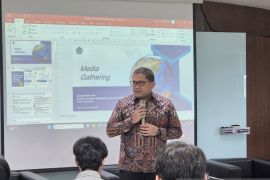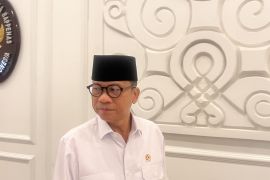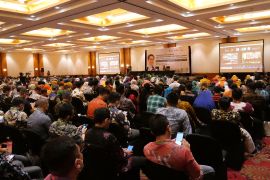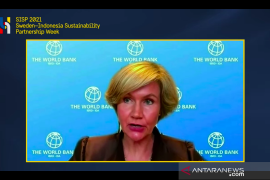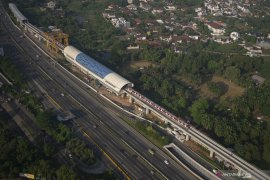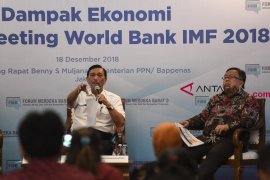"Food consumption is enjoyed more by those in the cities, and urban areas are now demanding more variety of nutritious foods," Satu Kahkonen, the World Bank country director for Indonesia and Timor Leste, noted in the December 2020 Edition of the Indonesia Economy Prospects in Jakarta, Thursday. Kahkonen pointed out that Indonesia faced a heavier challenge in terms of affordability rather than availability, as in the last decade, the production of staple foods, including rice, had increased following the implementation of the green revolution.
“Food security in Indonesia faced challenges wherein those, who can afford (nutritious) food, get to enjoy them more, while the poorer families cannot enjoy the same food. This means low-income households are experiencing insecurities,” he expounded.
To this end, Kahkonen stressed on the need to give due consideration to the issue of food security not only at the agricultural and production levels but also at the trade and competitiveness stages while entering the market.
Furthermore, Kahkonen remarked that the emergence of the COVID-19 pandemic threw opportunities to adapt and transform in the food sector, including on the issue of food security in Indonesia.
"This is the time for us to push for reforms in the food sector for affordability and variety of nutritious foods in Indonesia," he stated.
Meanwhile, according to the December 2020 edition of Indonesia's Economic Prospects report by the World Bank, the pandemic had placed food security as an important public agenda.
This is in line with the several households experiencing food shortages due to the loss of income, although the government has expanded various social protection programs, including the construction of food estates.
The World Bank noted that food prices in Indonesia were among the steepest in the region due to the high production costs and various factors beyond agriculture, including restrictions on domestic and international trade and high processing, distribution, and marketing costs.
Furthermore, the World Bank noted that the diet of Indonesians have also shown limited diversification coupled with the limited availability of micronutrients as compared to other countries in the region.
The World Bank also provided three recommendations for addressing food security challenges and modernizing agricultural food systems.
Firstly, the food security approach should be expanded to meet Indonesia's needs and to realize a comprehensive vision for food security as stipulated in the Food Law.
The second is that the objectives and policy instruments should be adjusted and the scope of the policies must be redefined, while the third approach is that public spending should be reallocated for a bigger and more productive impact.
Related news: BRG develops 14 food resilience-based villages in peatland areas
Related news: Ministry to commence food estate development project in 2020-2022
EDITED BY INE
Translator: Astrid Faidlatul Habibah/Aria
Editor: Suharto
Copyright © ANTARA 2020


